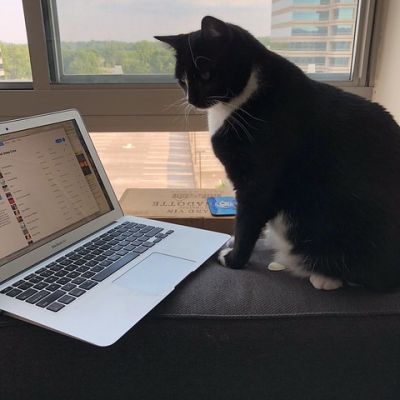Online Spaces
To claim the public then in arbitrary, messy and oppositional ways, whether on the streets or online is to challenge the neoliberal impulse which is located in the creation of order. To create place, to stake claim, thwarts the desires for the sanitised neoliberal city and is a politics.
But what has been amazing to witness is how quickly young women in particular, took to the ideas of Why Loiter? and pushed them even further, creating new movements to expand women’s rights to the public, including the right to be out late at night, to stretch the curfew at women’s hostels, to demand extended access to women’s toilets, to public transport etc.
Coupledom may or may not be for everyone, and does not mean the same thing to everyone. Importantly, coupledom does not hold the same value or position in our lives, even in the lives of the individuals perceived to be parts of a couple structure.
We are plugged in to all kinds of data from a variety of sources, through technology, and even a window view of this space is like stepping into a global COVID control data centre. We are standing up to be counted, to be seen, to do, to contribute, to advocate, to remind, to rectify and restore, to strengthen a growing network of support and response to crisis on a scale we have neither been able to process or measure.
Ethical considerations and frameworks for traditional (for the lack of a better term) have had decades of debates, discussions, and revisions to have Boards of Review with similar ethics regulations (although they are still being critiqued).
LGBTIQA+ young people should feel safe and empowered in everyday physical spaces, and many do – often with support from a wider community of peers who share similar experiences. But until the world becomes more friendly for queer and gender diverse people, we expect they’ll continue to find safety, community, identity, and friendship on Tumblr.
In unpacking class as a social category through the lens of young people accessing SRHR content via an infoline it is possible to conclude that broader reach of sexuality content does enable those who are otherwise limited by material and structural constraints to develop a more expansive and informed worldview about sexuality
To claim the public then in arbitrary, messy and oppositional ways, whether on the streets or online is to challenge the neoliberal impulse which is located in the creation of order. To create place, to stake claim, thwarts the desires for the sanitised neoliberal city and is a politics.
The concept of boundaries has become mixed up with the concept of being bound in a this-far-and-no-further way. They have become enclosures, aquariums, cages built for those who inhabit them, but not necessarily built by them.








